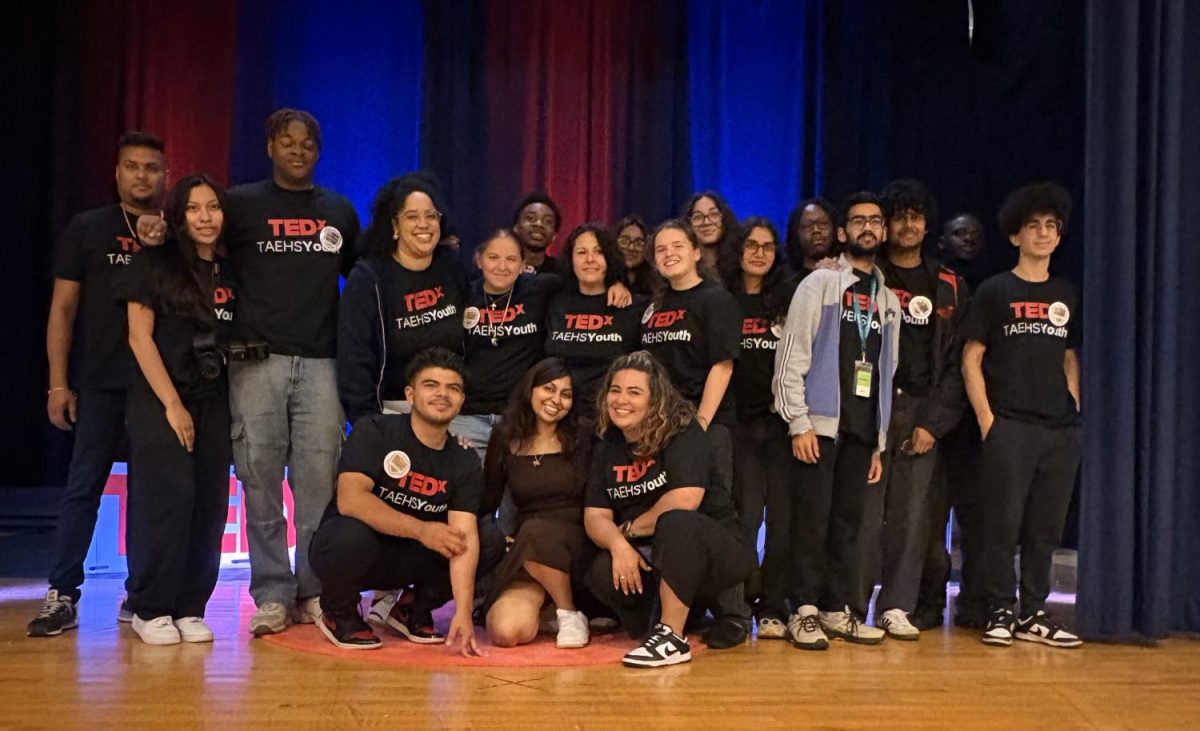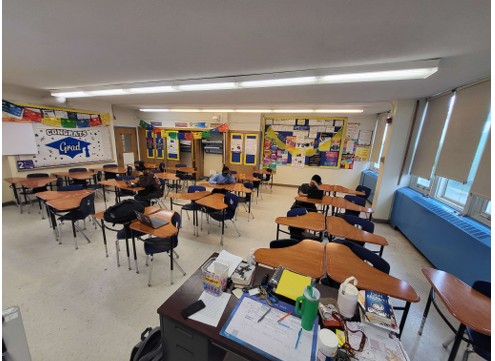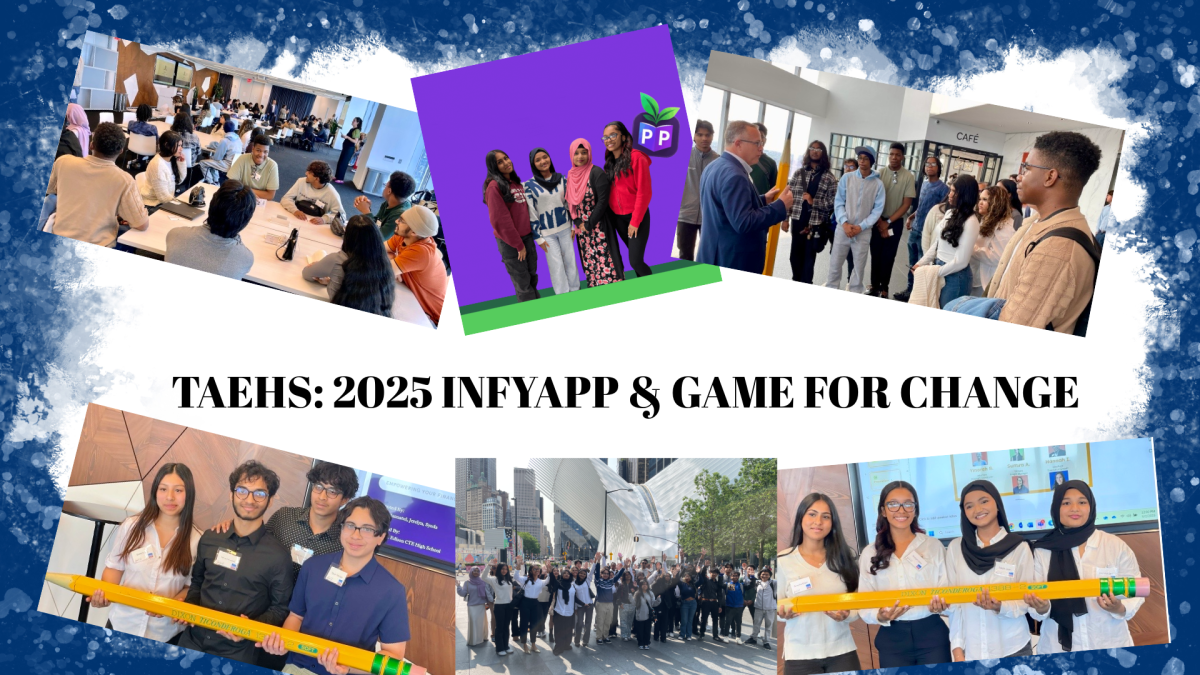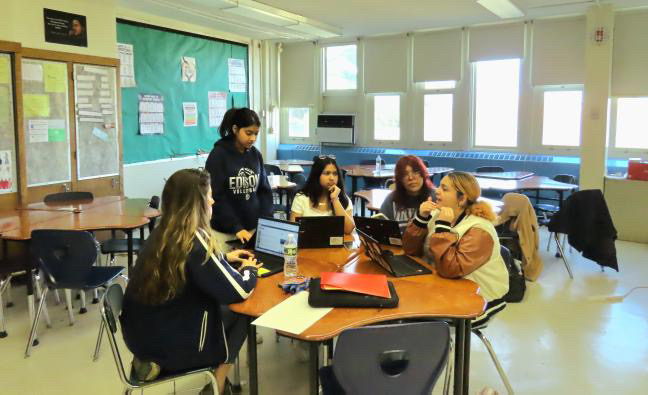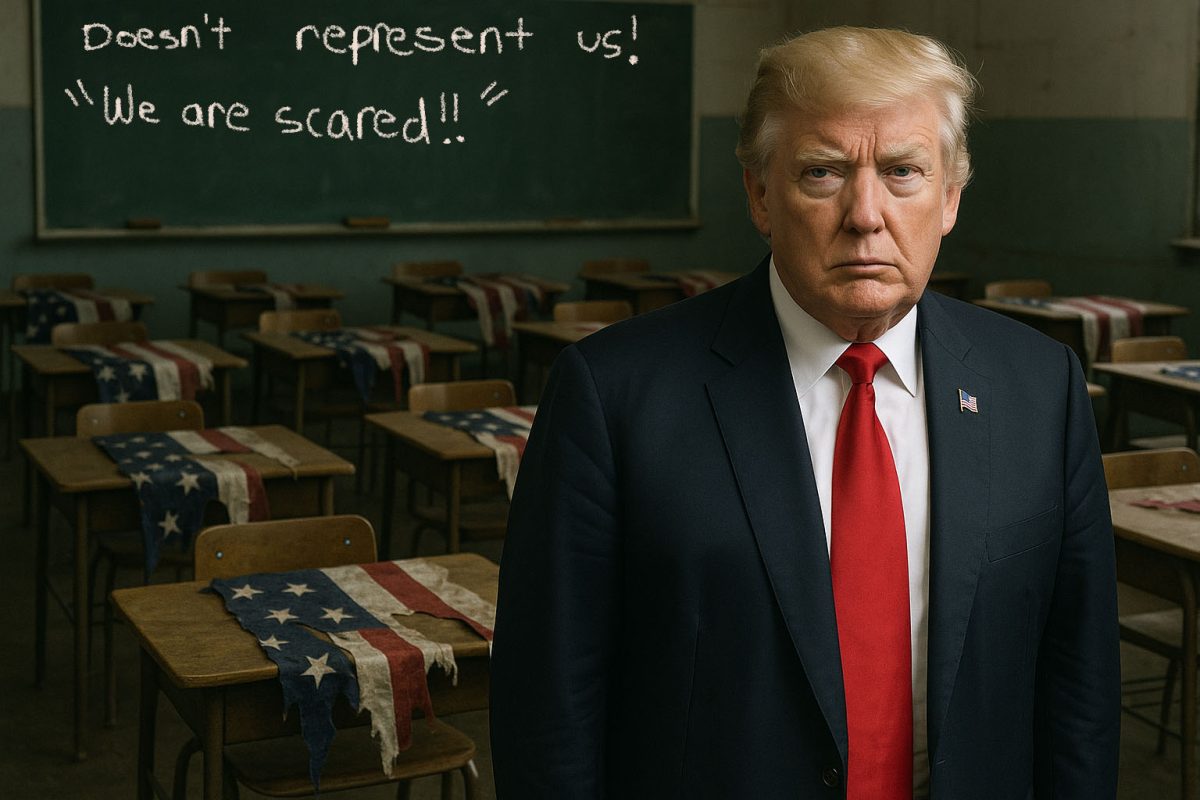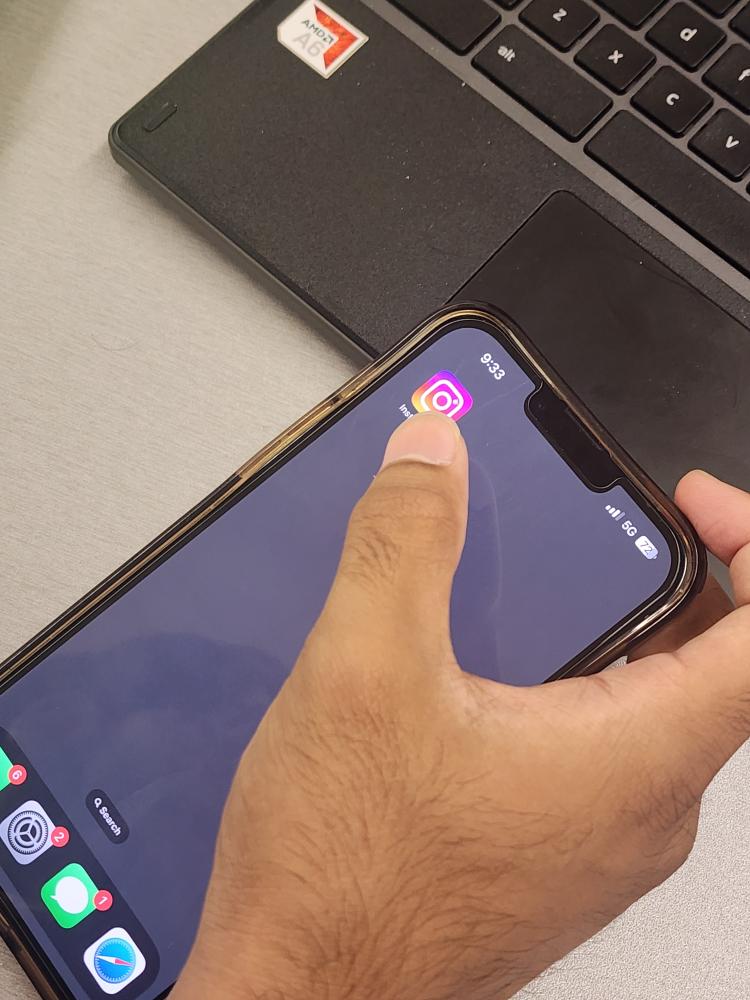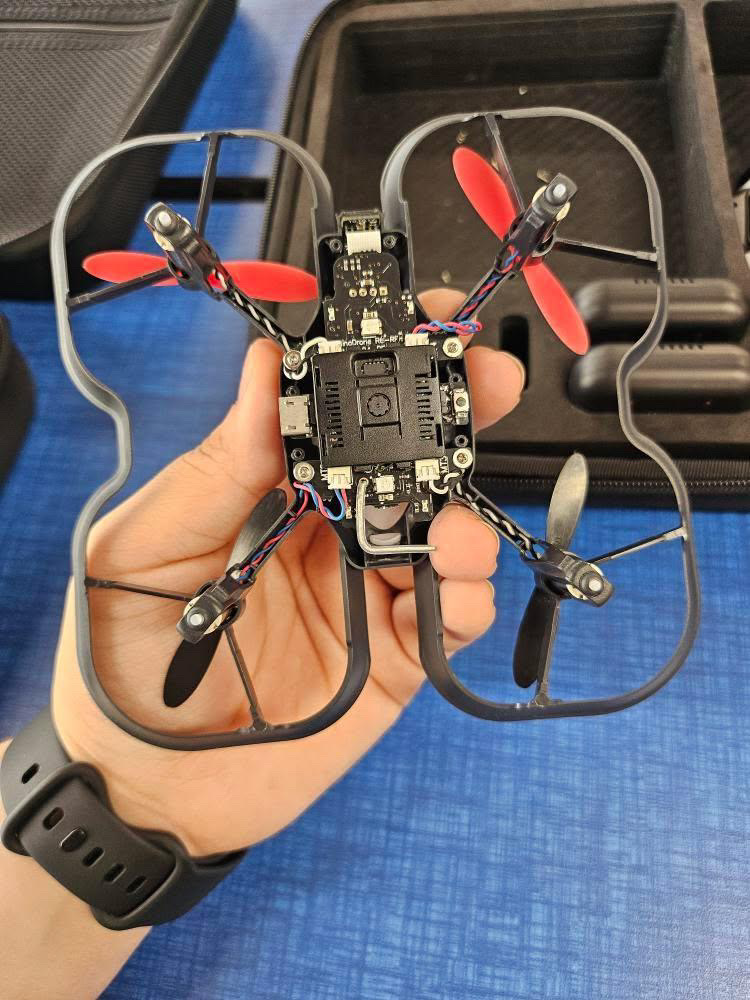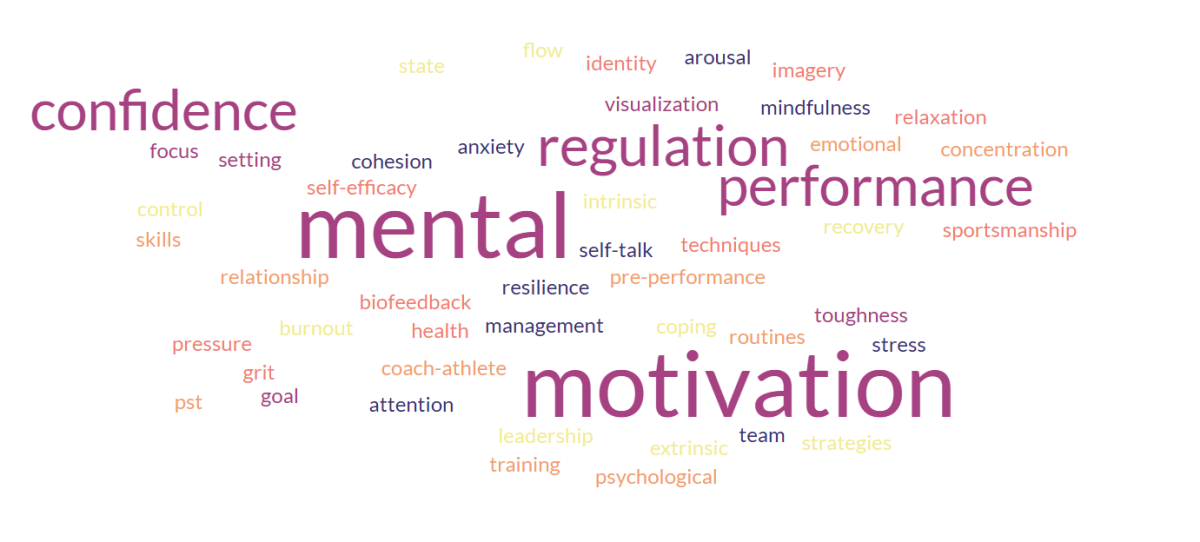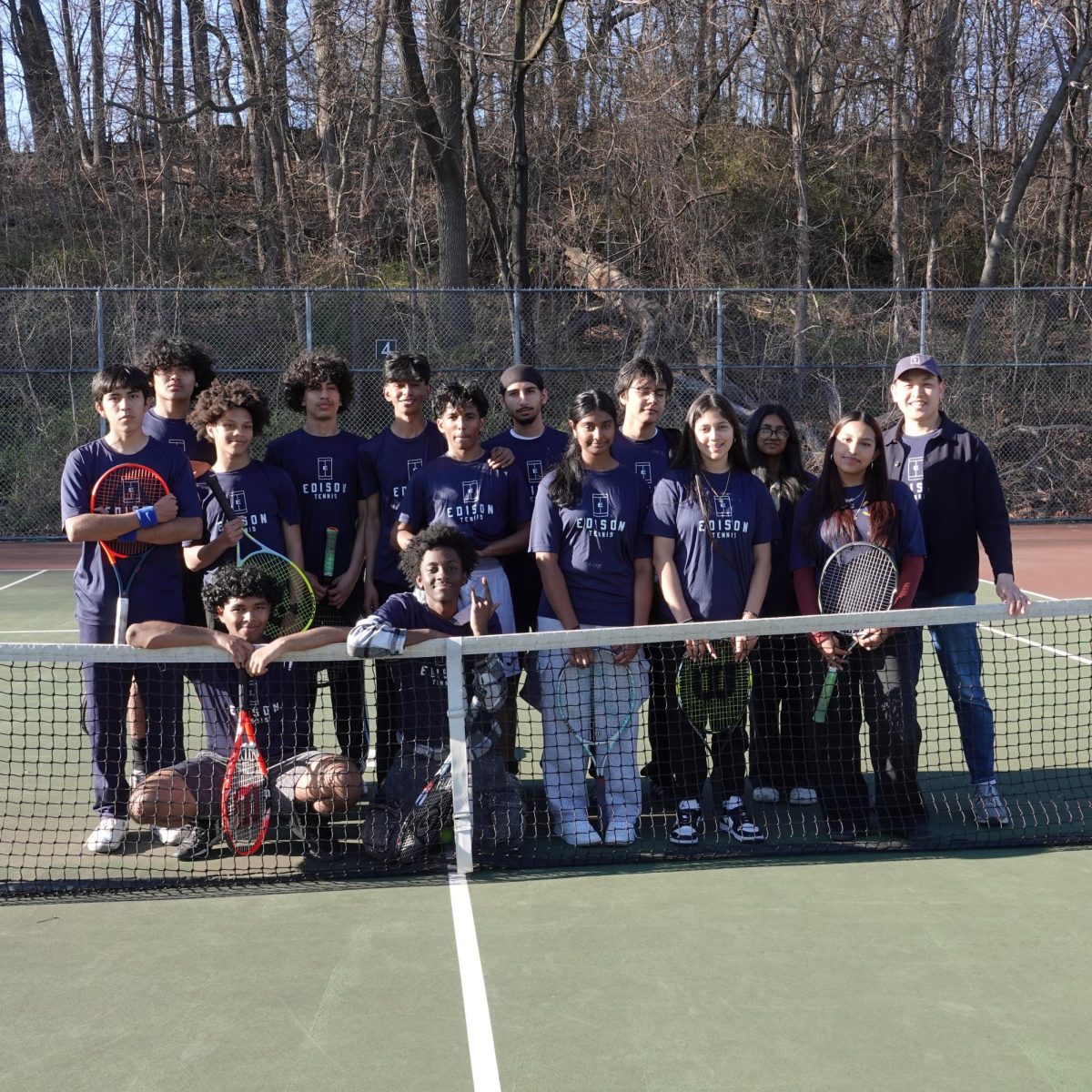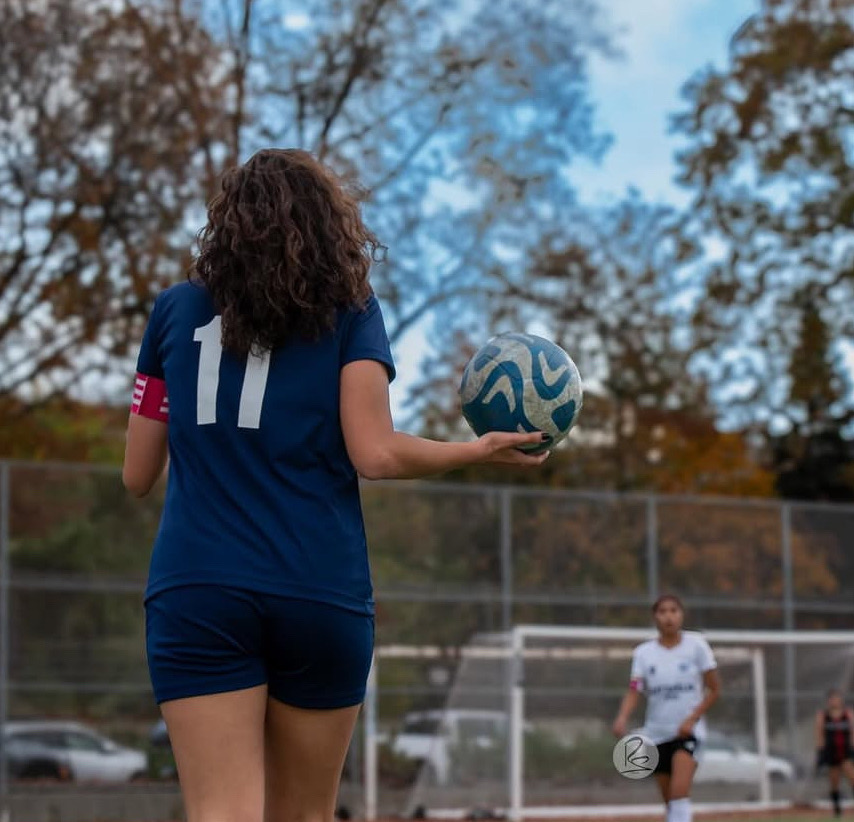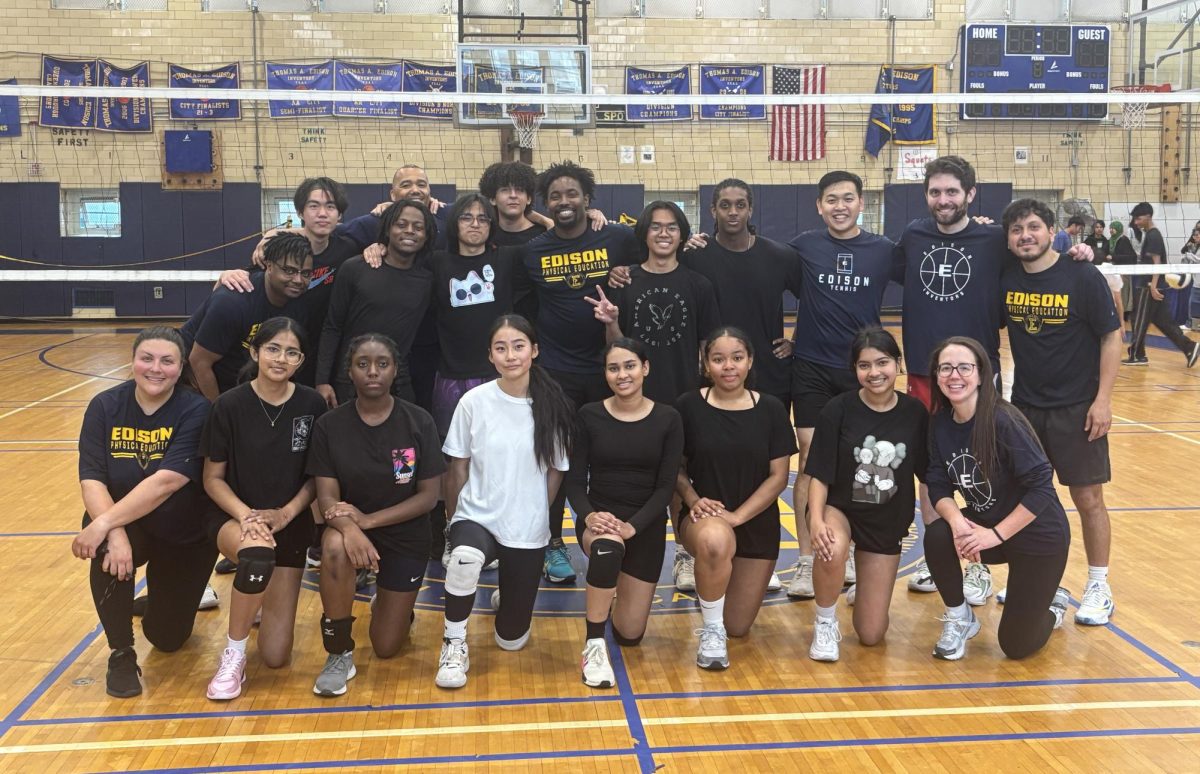
In the digital age, high schools are increasingly embracing video games as educational tools, reshaping traditional teaching methods. From improving critical thinking skills to encouraging teamwork and creativity, video game integration in high school curricula is reshaping the educational landscape.
“I don’t really think games have affected my school life that much and if anything it lets my mind be free and distracts my mind in a positive way that allows my mind to be less stressed,” said Leon Tang.
Students often see gaming as a positive outlet that relieves stress and allows their minds to relax. Rather than interfering with their schoolwork, gaming serves as a positive distraction, allowing them to maintain a healthier mental state while juggling academic demands.
“I prioritize my schoolwork before my games, and I don’t play everyday so I have plenty of time to socialize and participate in after school activities,” said Mario Deville.
Students understand the importance of prioritizing academic responsibilities while also enjoying the recreational aspect of gaming. By emphasizing moderation and time management, the individual ensures that gaming does not compete with other important aspects of their life, such as socializing and participating in extracurricular activities.
“I play mainly on weekends, between 1-7 hours depending on my mood/who I’m playing with,” said Jermaine Webb.
It reflects a healthy relationship with gaming, where enjoyment and social interaction play key roles in shaping the experience.
“I would stop playing a game is if I’m busy, which I always am with stuff to do outside to improve my life and financial state,” said Ryan Dhawtal.

